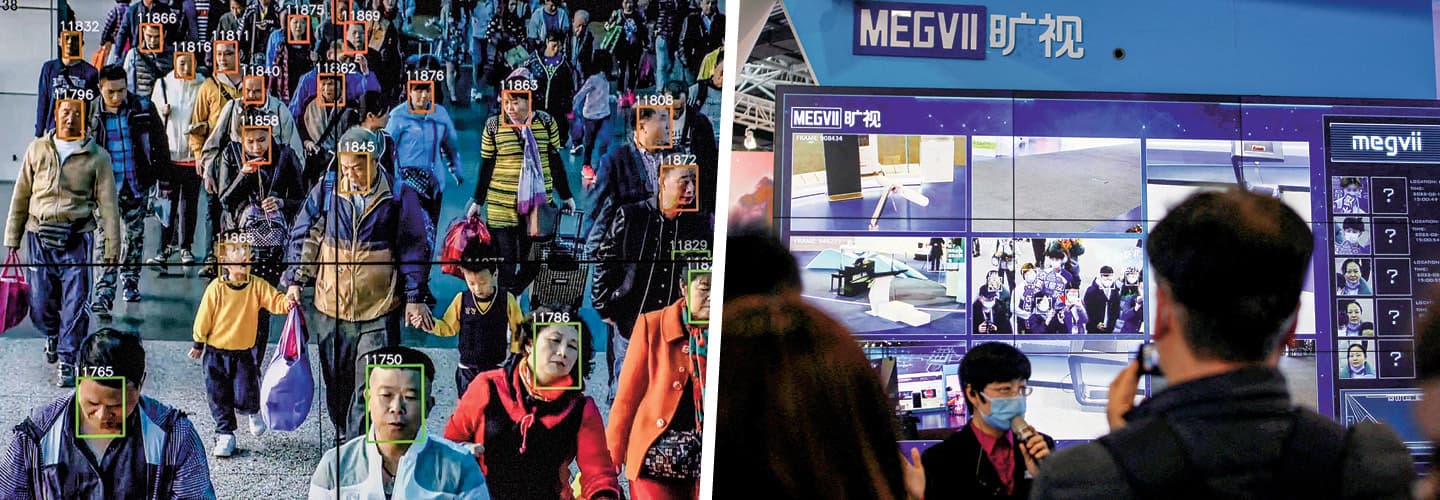The Chinese government constantly watches the more than 1.4 billion people who live in China. Police cameras that are everywhere—on street corners and subway ceilings, in hotel lobbies and apartment buildings—capture their every move. Authorities track their phones, monitor their purchases, and censor their online chats.
Now, even their future is under surveillance.
The latest generation of Chinese technology digs through the vast amounts of data collected on people’s daily activities to find patterns and aberrations, promising to predict crimes or protests before they happen. Chinese government and business records indicate that the technology targets potential troublemakers in the eyes of the Chinese government—not only those with a criminal past but also vulnerable groups, including ethnic minorities, migrant workers, and people with a history of mental illness.
It can warn police if a victim of a fraud tries to travel to Beijing to petition the government for payment or if a drug user makes too many calls to the same number. It can alert police each time a person with a history of mental illness goes near a school.
The Chinese government constantly watches the more than 1.4 billion people who live in China. Police cameras are everywhere. They’re on street corners and subway ceilings, in hotel lobbies and apartment buildings. They capture every move people make. Authorities also track their phones, check their purchases, and censor their online chats.
Now, even their future is under watch.
The latest generation of Chinese technology digs through the huge amounts of data collected on people’s daily activities. It finds patterns and anything that might be strange. Through this process, it promises to predict crimes or protests before they happen. Chinese government and business records say that the technology targets potential troublemakers in the eyes of the Chinese government. But its aim isn’t limited to those with a criminal past. It also targets vulnerable groups, including ethnic minorities, migrant workers, and people with a history of mental illness.
It can warn police if a victim of fraud tries to travel to Beijing to petition the government for payment. It can flag if a drug user makes too many calls to the same number. And it can alert police each time a person with a history of mental illness goes near a school.

